Microsoft's unique vision: Hardware and software should conform to the user, not the other way around
Microsoft believes device form factors should conform to users, and that's a very different philosophy than its rivals'.


Microsoft, Apple and Google are three of the world's most influential tech companies. Billions of people use personal computing platforms, tools, or devices they supply or inspire.
From cloud, AI, smartphones, PCs, apps and more they've created a multi-ecosystem personal computing world that supports an increasingly-interconnected, and overlapping range of computing scenarios.
Personal computing is no longer restricted to desks as a sedentary experience. Nor are users completely liberated from that setting and capable of existing fully in the mobile space. They regularly transition from desktop to mobile and across ecosystems and devices because no single platform and device moves seamlessly with them across contexts. Microsoft, through Windows 10 and Surface, has embraced a platform and hardware philosophy that drives devices that conform to users' contexts. Despite the smartphones success as mobile computing's focus, Microsoft's rivals may be missing an important industry shift.
What rivals are doing
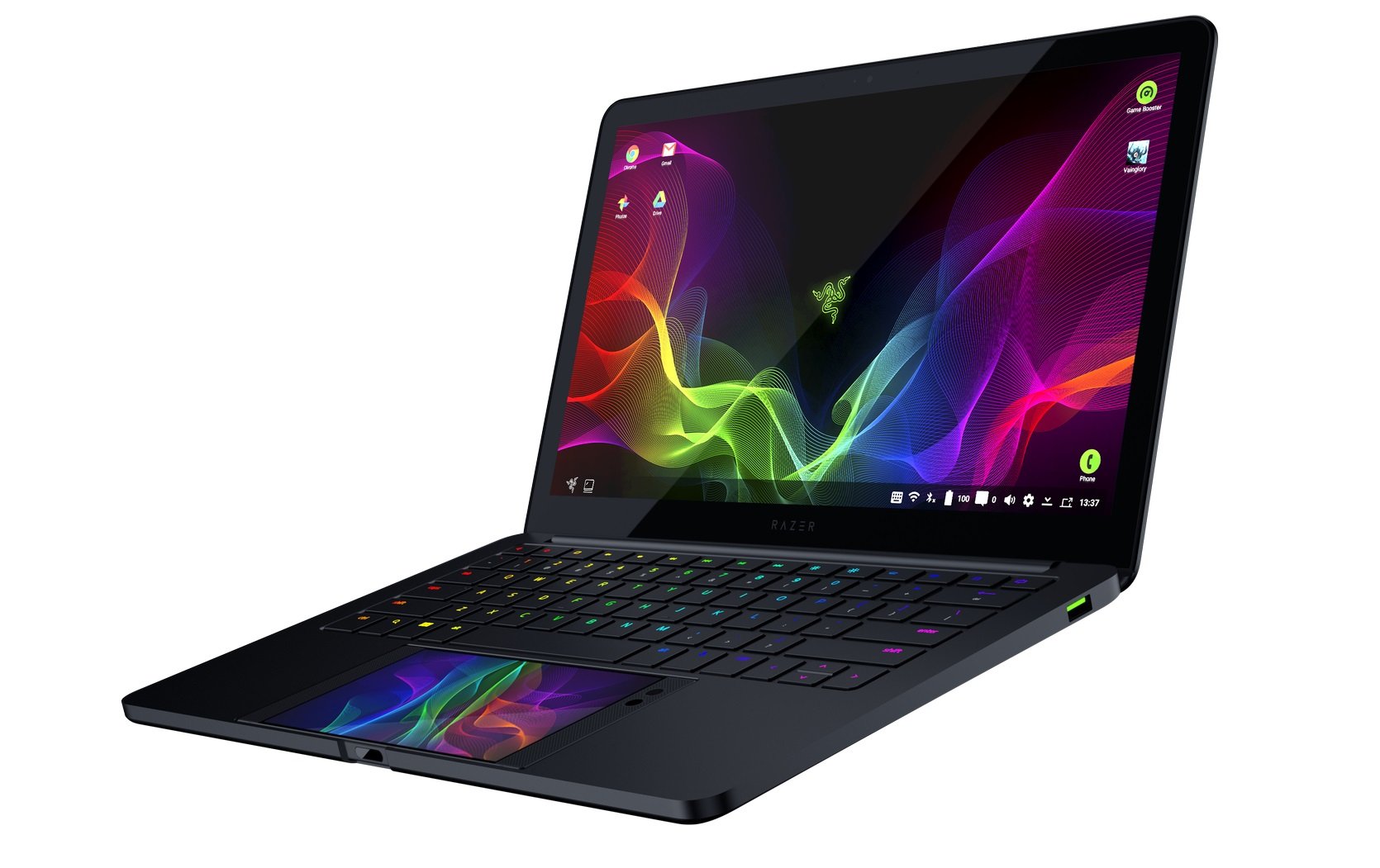
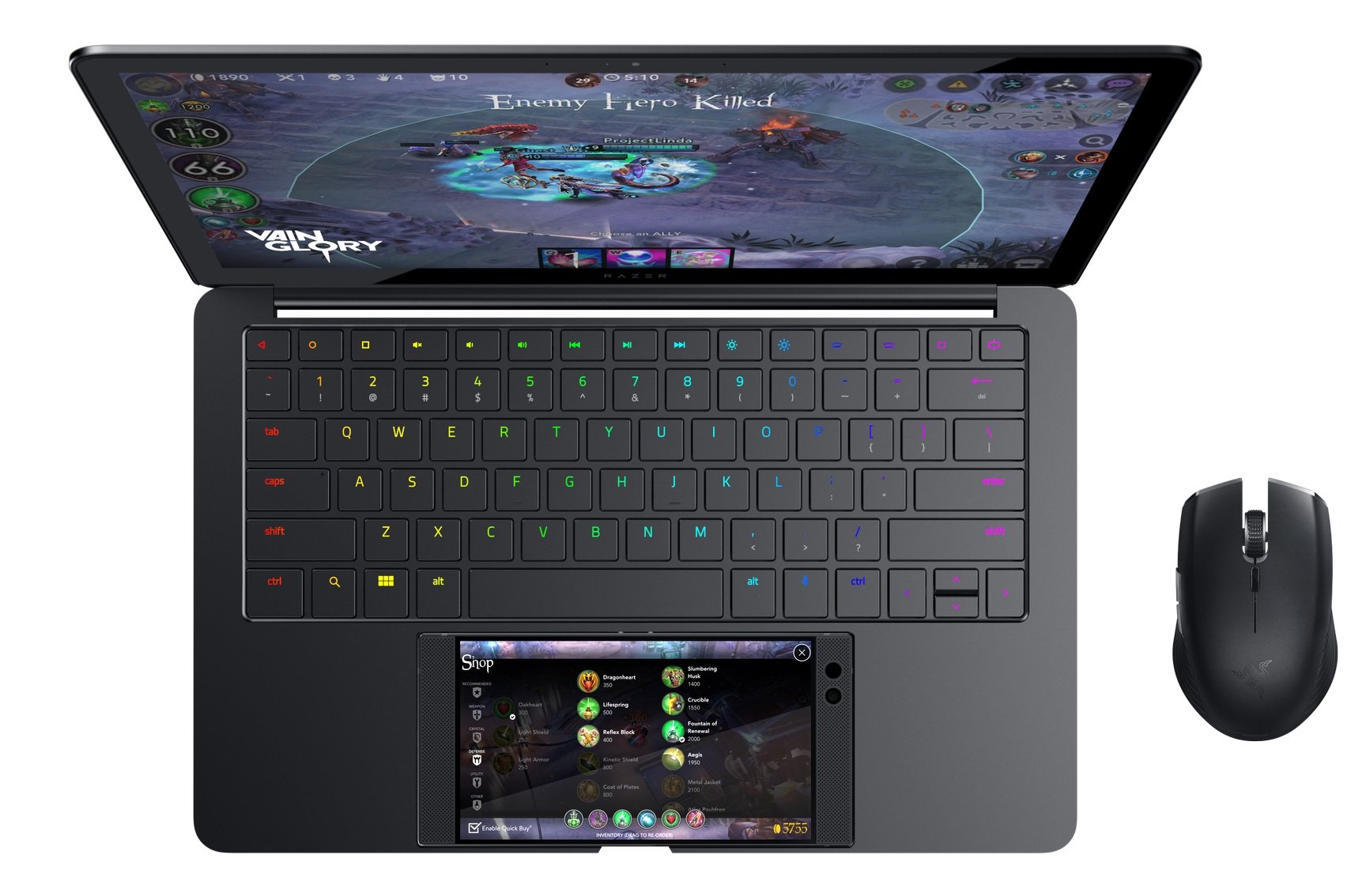
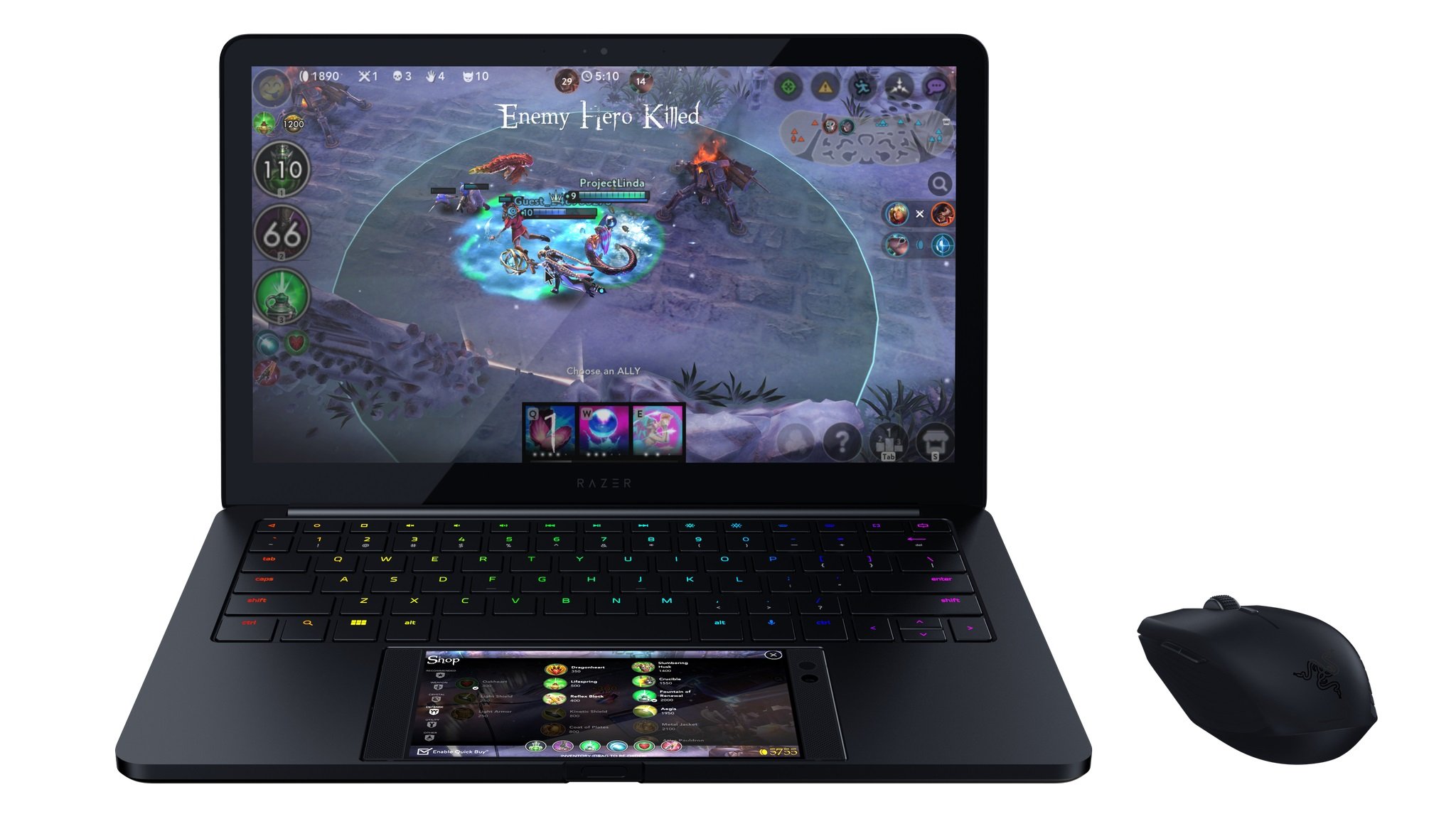
Increasingly powerful consumer smartphones mainstreamed mobile computing over the past decade. However, a saturated market and plateauing innovation reveal slate-shaped smartphones are reaching the limits of their ability to accommodate growing mobile computing demands. iOS and Android evolved around supporting light mobile computing on small-screen devices, thus many desktop productivity scenarios remain beyond the reach of these "context-static" slate phones.
Though smartphones are the primary computer for many, users defer to PCs for more intensive desktop computing. Still, Microsoft's rivals seem committed to a decreasingly impactful pattern of yearly improvements to slate-shaped smartphones that don't conform to users across contexts.
It would seem strategically advantageous for these companies to leverage their smartphone dominance by building context-sensitive platforms and hardware to accommodate desktop scenarios from "smartphones" before Microsoft potentially solves the problem by approaching the challenge from the opposite PC angle, which is its forté.
Smartphones are dead: Enter Microsoft's Pocket PC strategy
Get the Windows Central Newsletter
All the latest news, reviews, and guides for Windows and Xbox diehards.
What Microsoft is doing


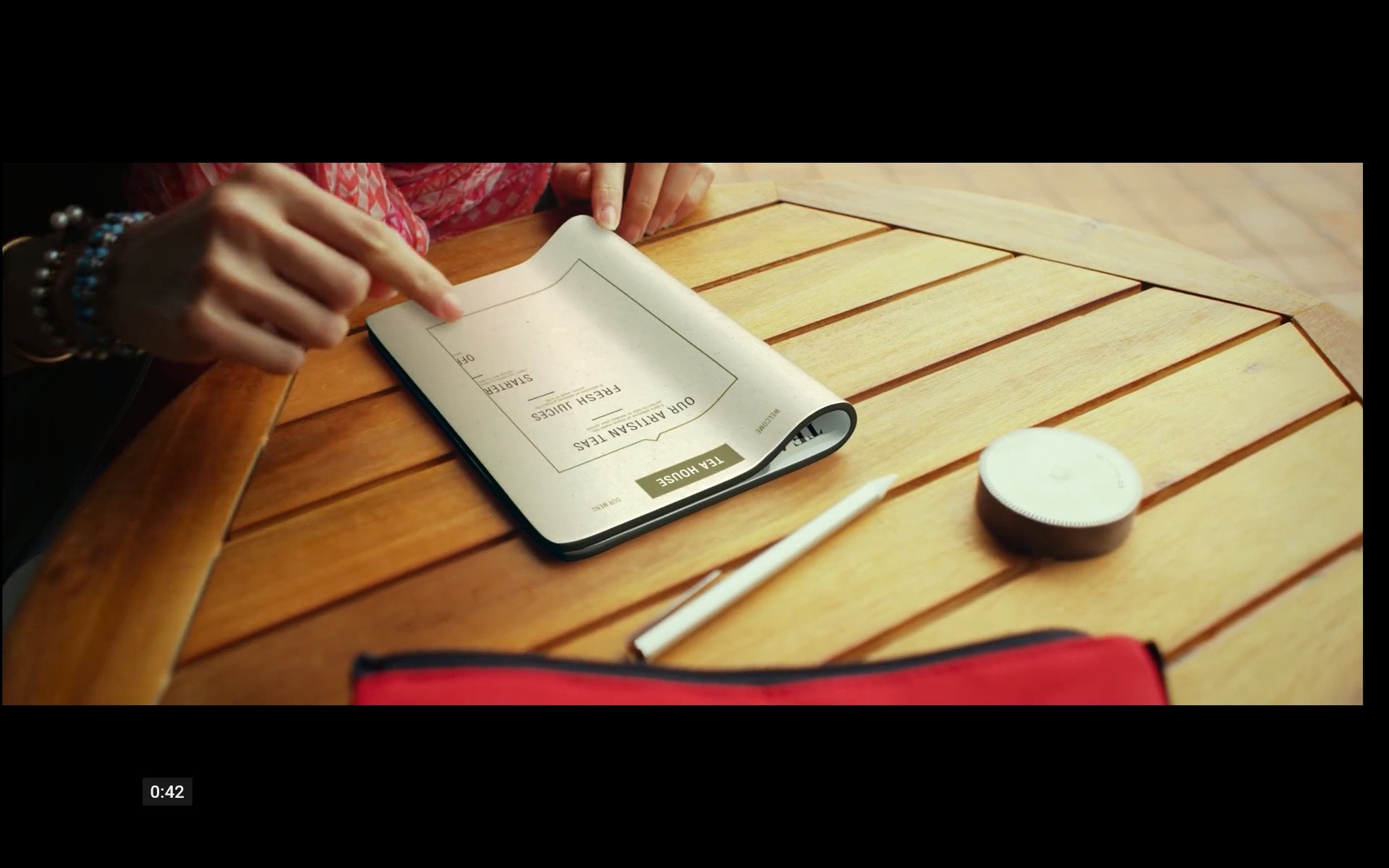


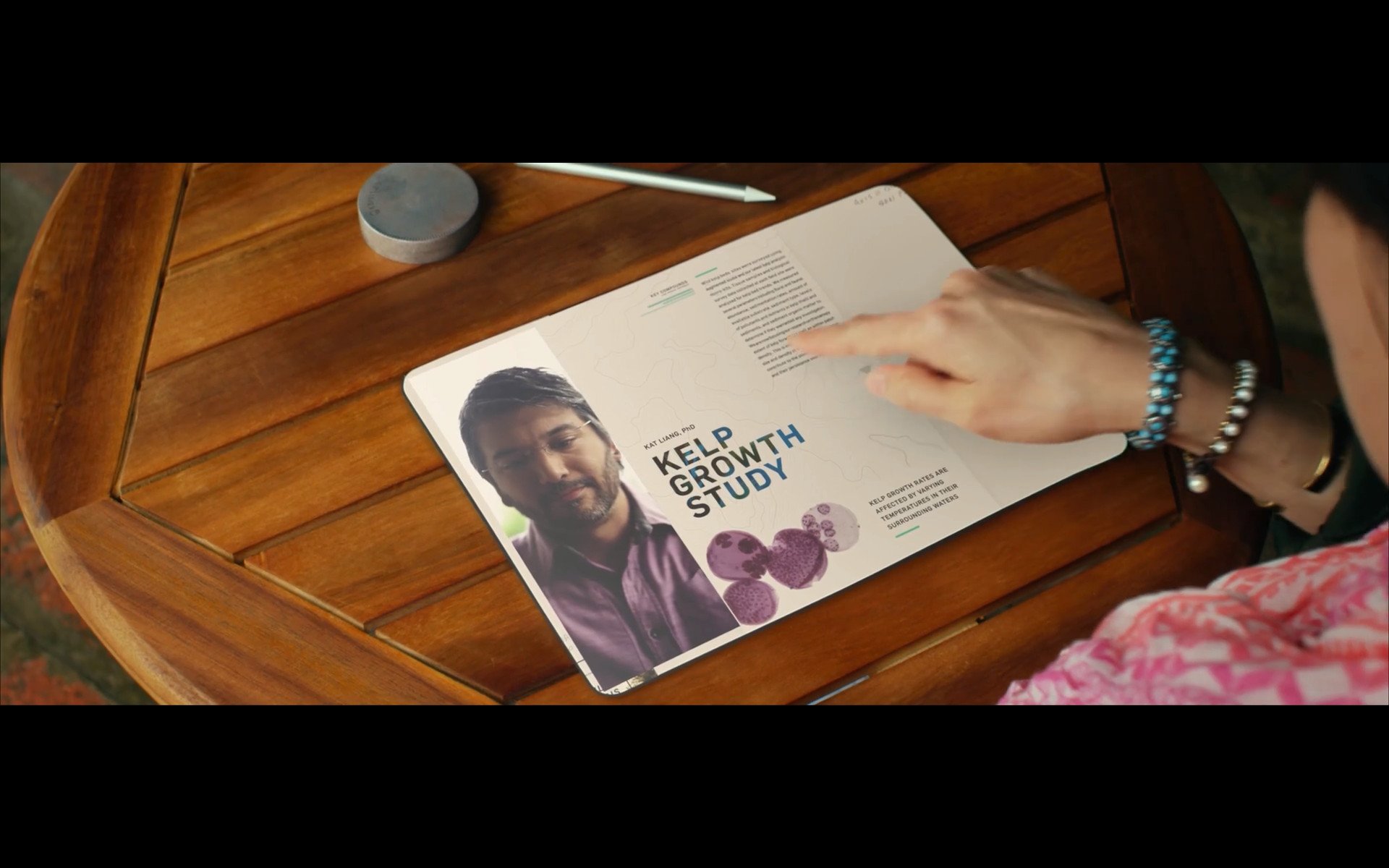
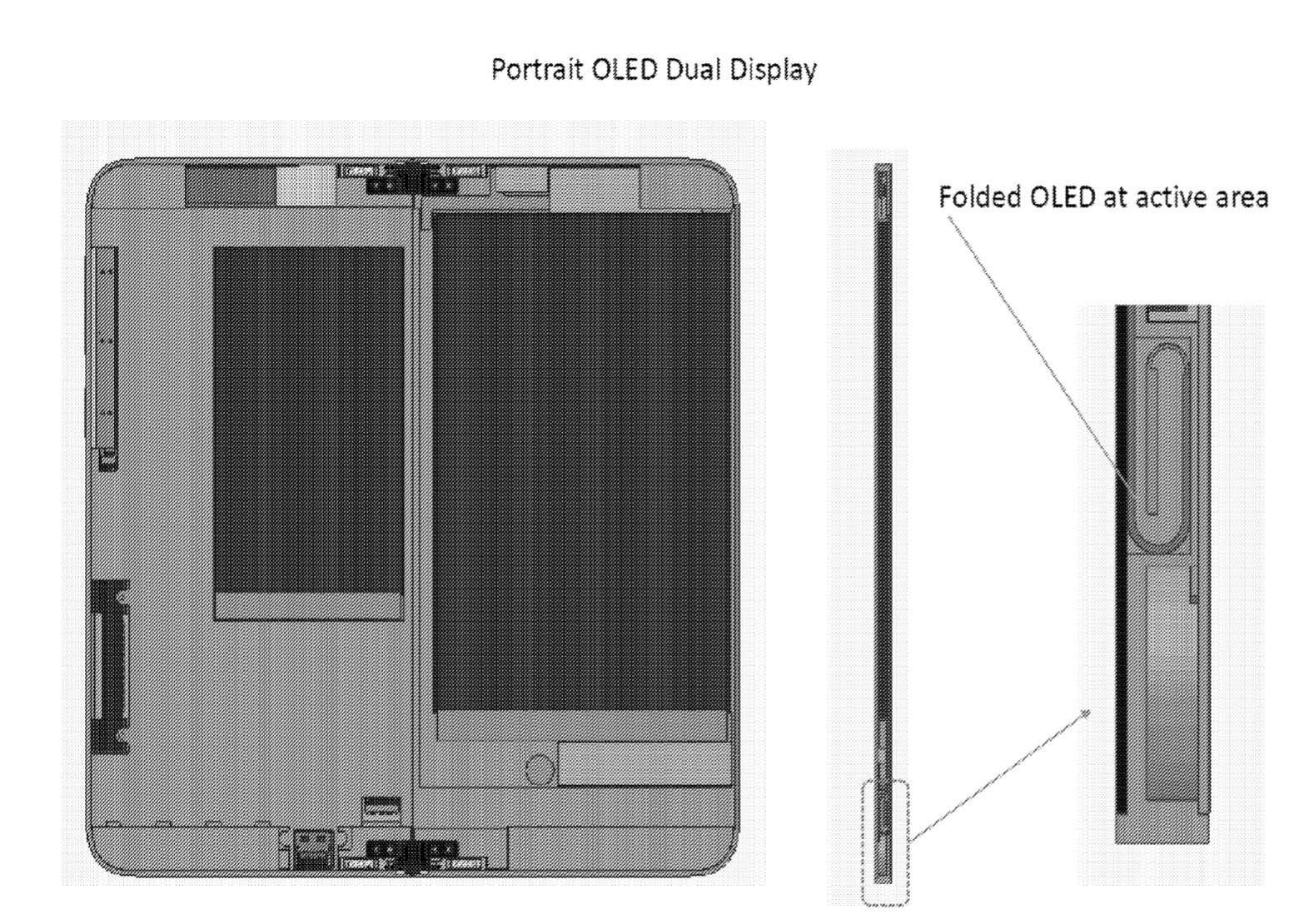
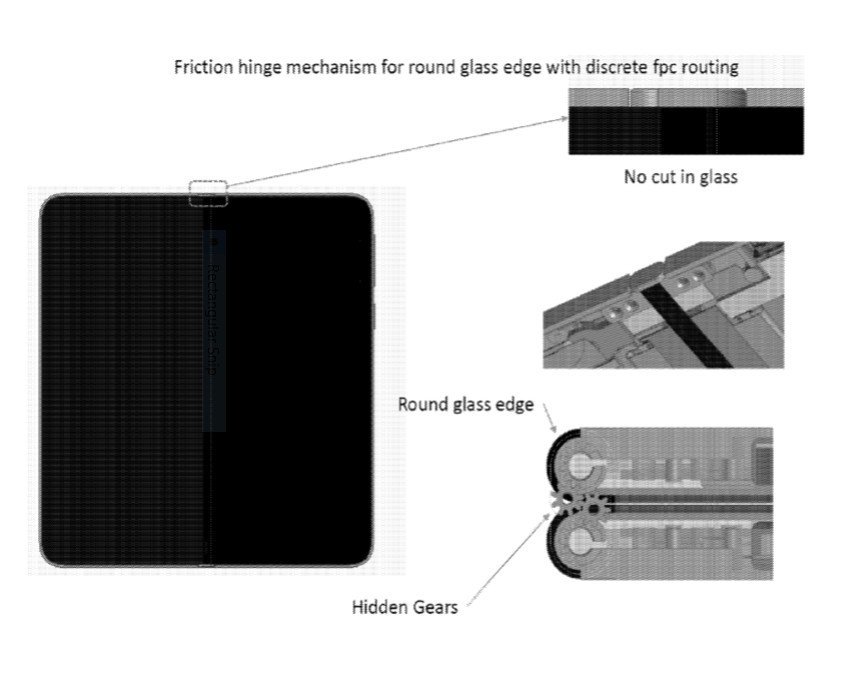
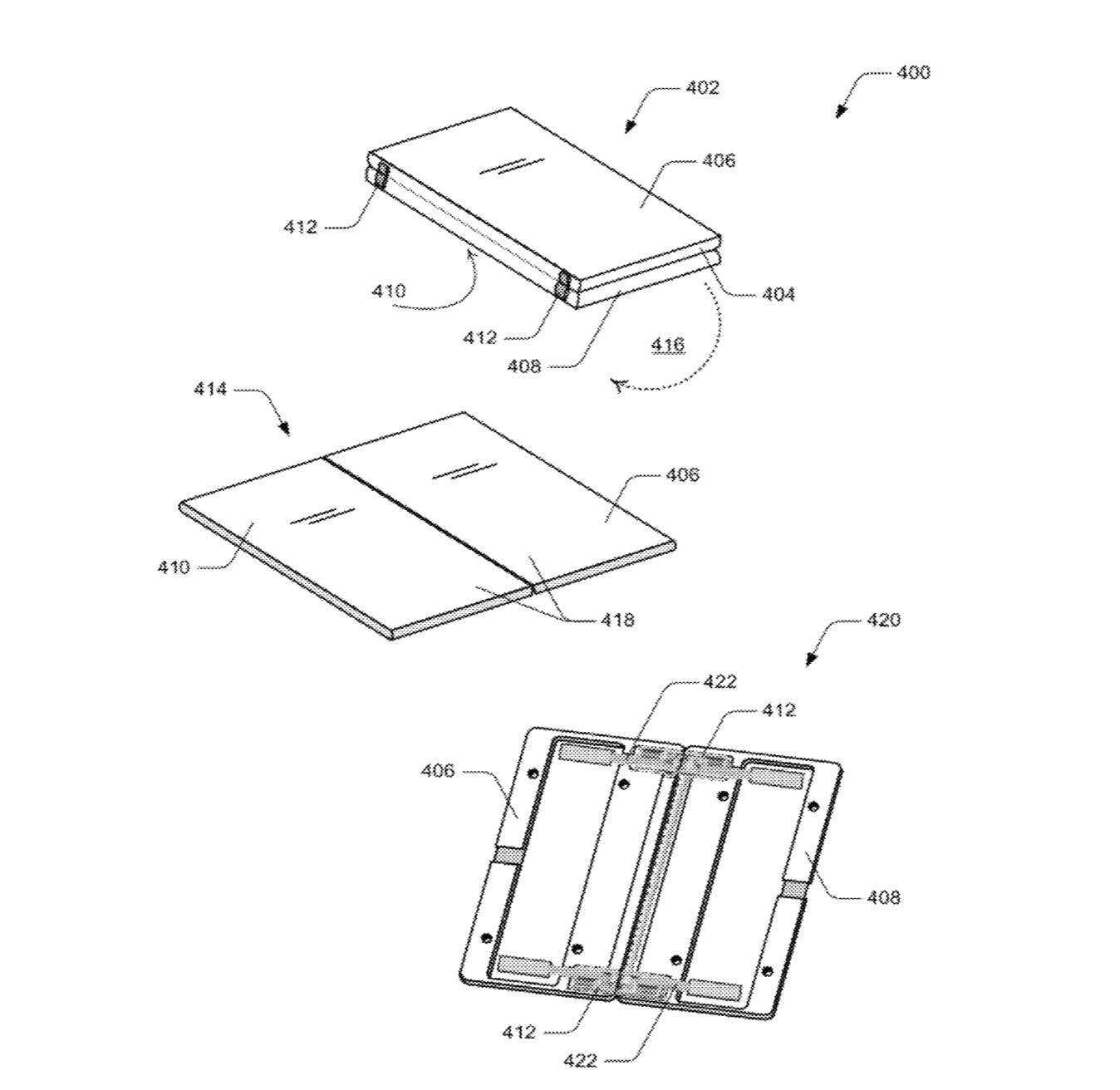
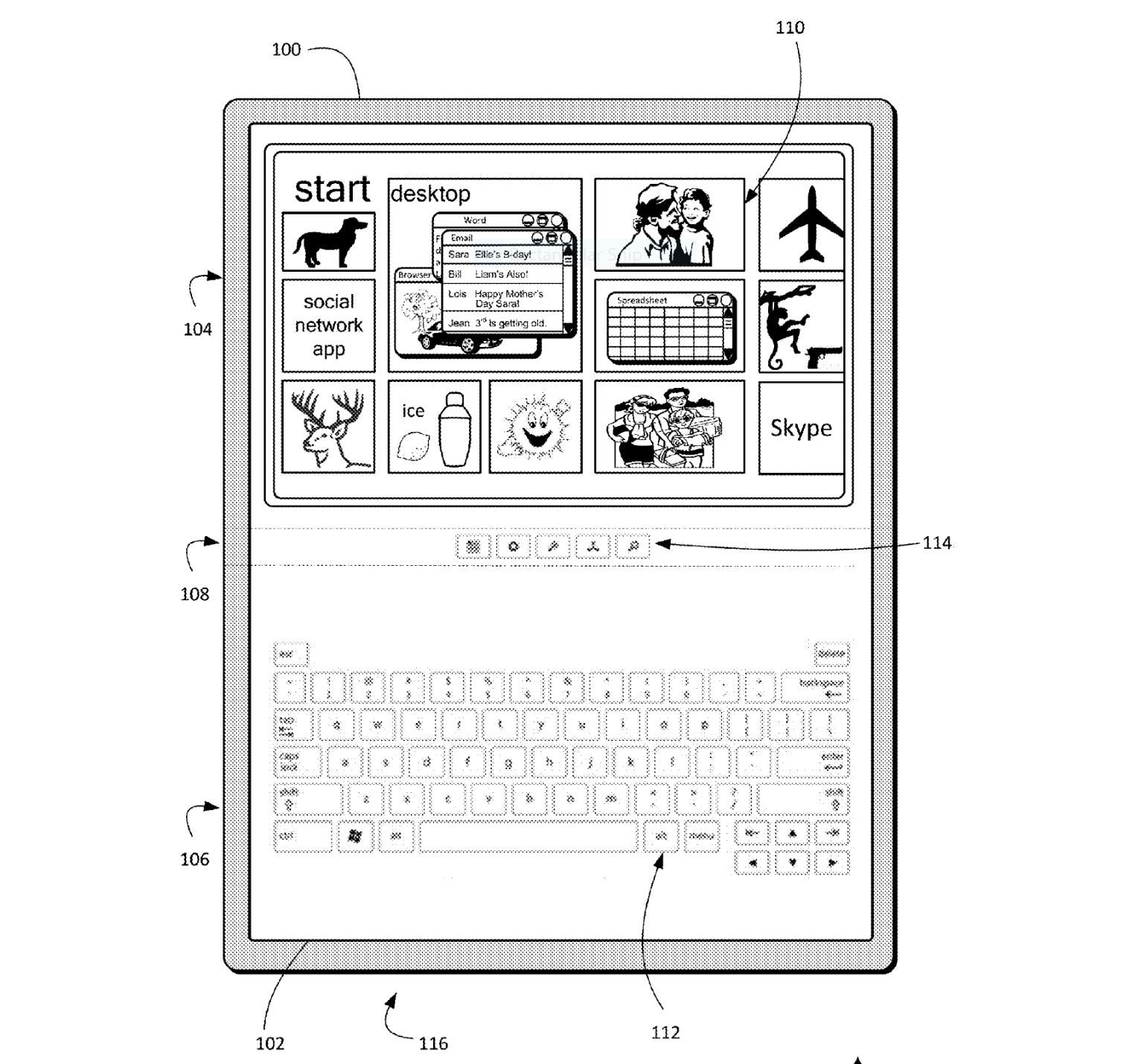

Microsoft's belief that devices should conform to users is manifest in its context-shifting Surface hardware and context-sensitive Windows 10 OS that supports touch, pen, mouse, voice, gaze and more UI interactions regardless of a user's context. Windows CoreOS reportedly takes this context-sensitivity further. Apple's non-touch Macs and touch-strip-equipped MacBooks follow an opposing ideology where a single device serves a single purpose.
Microsoft's OneCore supports universal apps, a single OS for all device types and device states and is the foundation for its hardware vision. The Universal Windows Platform (UWP), though challenged with poor developer support, is Microsoft's most significant asset toward supporting hardware that conforms to users. Conversely, the lack of a universal OS is the most significant barrier to Microsoft's rivals doing the same.
Technically Android allows apps to work on any device. But different screen sizes need different UIs and many Android developers code only for phones (perpetuating poor Android tablet sales because app support is poor). And making Android apps that transition across screen sizes as well as UWP apps do is difficult with current tools. Flutter, Googles mobile UI framework, combined with Google's rumored Fuchsia OS, Google's UWP equivalent, may indicate Google's acknowledgment that Microsoft's single OS and form-shifting hardware strategy is computing's future. Apple's gradual bridging of iOS and macOS apps reflects the same.
Folding phones: The end of slate-shaped smartphones
Purpose-driven folding future
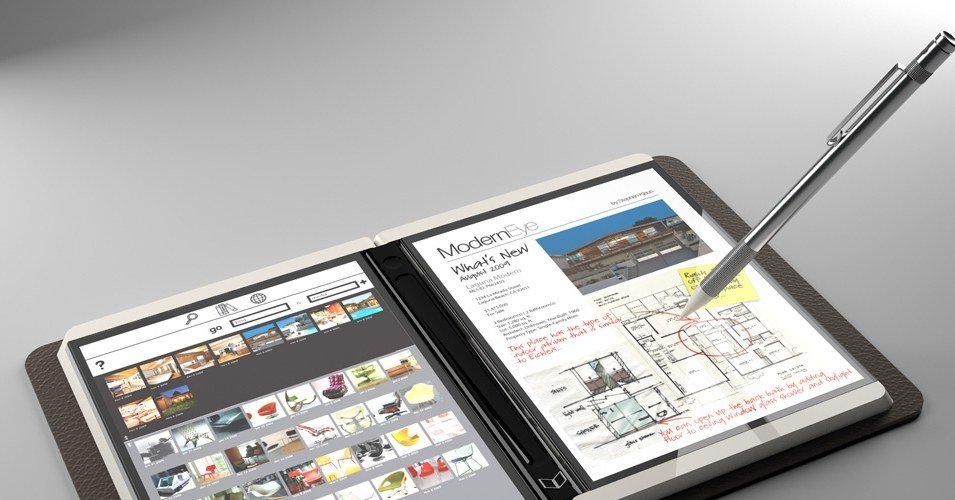




Reports and rumors of folding phones and PCs from Microsoft, Samsung, Apple and others reflect a quest to differentiate devices from the slate-shaped device masses. If folding doesn't help accommodate broadening mobile computing demands, however, it will be a short-lived novelty.
Without a universal platform that allows OSes and apps to shift with device configurations, as with Windows and soon CoreOS, a folding Android phone or iPhone, would likely offer little advantage over its slate-shaped predecessors. Conversely, Microsoft's form-shifting Surface hardware and rumored CoreOS powered Surface Andromeda complement shifting hardware states with software fluidity. Microsoft's context-sensitive hardware philosophy is deeply rooted in its Universal Windows investments. Achieving OneCore was a tremendous accomplishment for Microsoft that, despite a shortage of developers, is far ahead of the competition who may be beginning to see the wisdom of Microsoft's UWP approach. Still, even if Google's Fuchsia is real, developing a universal OS from the ground up is a massive endeavor.
Finally, form-static slate-shaped phones may soon be unable to meet mobile users growing demands for more PC power and greater ease of transitioning between computing scenarios. Thus, whereas smartphones were the first step to highly mobile modern computing, small context-conforming telephony-capable PCs on the cellular roadmap may be the next. If so Microsoft's context-conforming philosophy may prove to be a forward-looking perspective of computing's future.
Jason L Ward is a columnist at Windows Central. He provides unique big picture analysis of the complex world of Microsoft. Jason takes the small clues and gives you an insightful big picture perspective through storytelling that you won't find *anywhere* else. Seriously, this dude thinks outside the box. Follow him on Twitter at @JLTechWord. He's doing the "write" thing!

